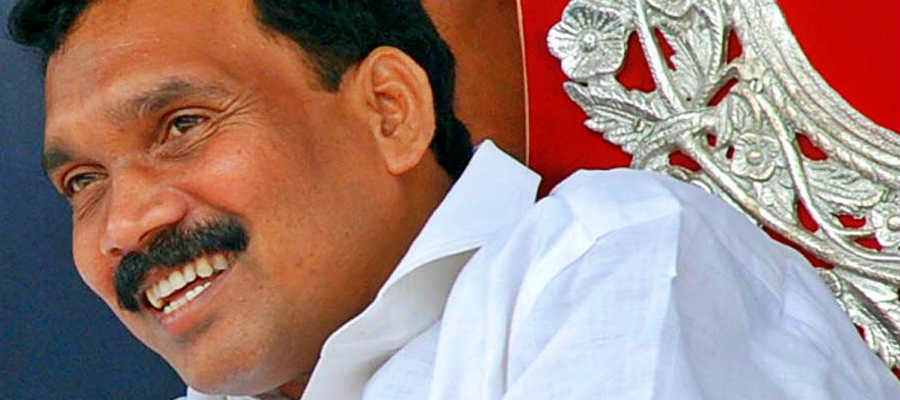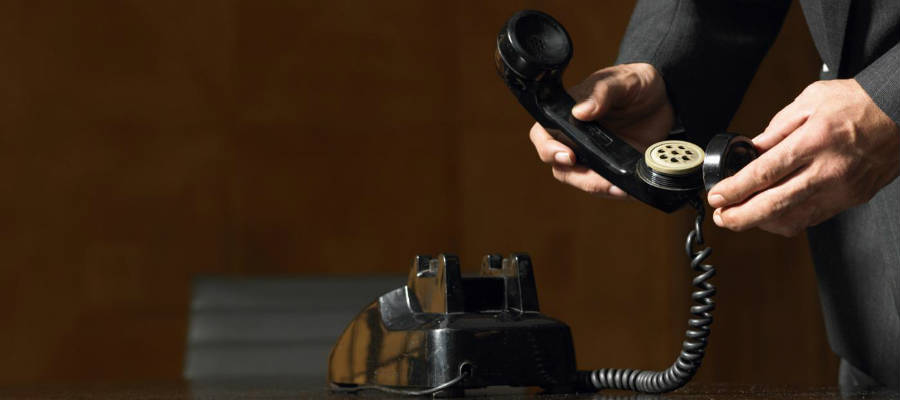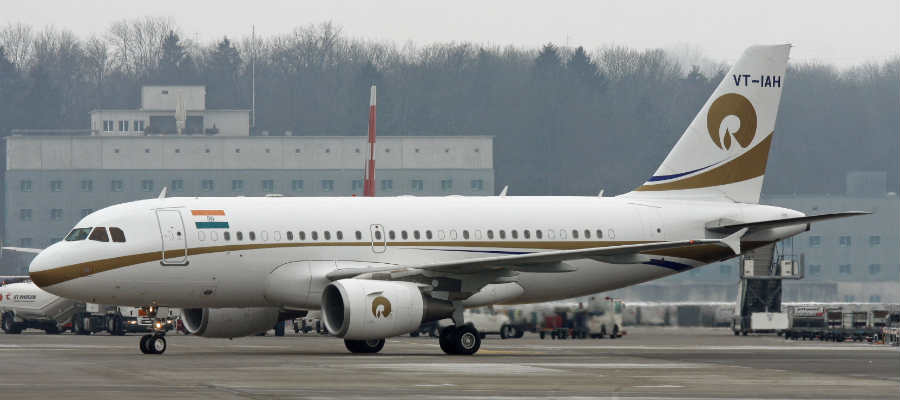BY ARUN AGRAWAL
Last week, one was dumbfounded when Union Telecom Minister Kapil Sibal tried to insult the intelligence of the entire nation while stating that the 2G scam did not cause any loss to the nation. Though his arguments seemed convincing, they were heavily flawed. The one to one interview with TV anchor/talk show host Rajdeep Sardesai and Karan Thapar did not help matters. Neither of them did their homework, did not read or understand the issues raised by the CAG report. In short, they had not put in the work required to take on the minister who was on top of his brief. That further emboldened the minister and it was only after the Chairman of the Public Accounts Committee Murli Manohar Joshi and the CAG Vinod Rai intervened that the minister’s aggression abated.
How honest was Sibal in his arguments can be better appreciated if one goes back to what has been recorded by the Hon’ble Judges of the Delhi High Court in Home Communication Ltd. And Anr. vs Union Of India, argued by him. The issue in that case too was the first come first serve system of allotment of time slot on satellite channels. Sibal was representing Hindustan Times in that case. The First-Come-First-Serve (FCFS) policy was struck down by the Delhi High Court, a fact conveniently forgotten by both Sibal and A Raja, be it for different reasons.
Here are the excerpts of what Sibal’s arguments as recorded in the judgment: Kapil Sibal said that the principle of ‘first come first served’ was applicable only in such situations where the recipient of the distribution of the largess was entitled to refuse to deal in the said commodity, and that it applied only to such cases involving the government and the vendee where the vendee had the absolute right in discretion to deal with the commodity in the manner it liked and the public was entitled not to purchase the said commodity.
He said such a principle was wholly inapplicable to the concept of public broadcasting where the general public had no right not to view the programme. He said if it was an import license the question would have been different and the only affected party would be the competitor, but here it is the general public. Sibal said that the present scheme was unworkable, and perhaps, auction could have been a better method. He said between FCFS and Random Number Generation the latter would be still better as everybody would have a chance there.…..
FCFS could work only if the demands were less and slots were more which was not the case here, so Sibal put in. He said that the FCFS method as envisaged will result in black marketing of time slots by unscrupulous licensees which will be at the cost of the public revenue as well as sufferings of the viewers….The policy as it stands promotes trafficking in licenses and fails to address itself to the consequences and the policy to be adopted in the event a particular programme fails.
Everything that Sibal said then is applicable to the 2G scam now. The difference was that in the 2G scam licenses were given on the FCFS, and that black marketing did take place at the cost of public revenue.
All that the CAG did was compute the loss in terms of the auction price of the 3G spectrum and the rate at which Swan Telecom and Unitech black-marketed the license.
Sibal, to be fair, may take the defence that in that case he was arguing for a hefty fee (amount not known) by representing Hindustan Times and was merely being loyal to his client.
Which then begs the question that how does one know that he is not arguing now to make a bigger gain?
Is that the reason then for his allowing all the license holders to pay a minuscule fine for not complying with the roll out norms instead of forfeiting the license and re auctioning them?
What is the difference in amount between forfeiting the license and collecting the fine? What would five percent of that difference be?
Kapil Sibal would like us to believe that the exchequer benefited by Rs 110 crores because he believes that spectrum is for free. However, if the lowest of the black marketing figure is used to calculate the loss then the exchequer is poorer by Rs 50,000 crores, 5 percent of that is Rs 2500 crores. Could that be the amount that Sibal and his party made in the cover up? That is a lot better than arguing a case for Hindustan Times!
(PS: It was the license that was being sold and the license fee that was being paid for included the cost of the spectrum. It was the license that had to be auctioned. The CAG has dealt at length on the issue of separating license from the spectrum.)
(Arun Agrawal is the author of the book Reliance: The Real Natwar)



One Comment
Sibal has blown hot and cold, his lies are clearly exposed, it is evident that he is on the side of his ‘client’ and advancing argument to suit the predicament of the ‘client’ – hence like the saying goes lawyers could be liars, and Sibal is no exception! Arun Agarwal has shown Sibal’s lies threadbare with Sibal’s own words and arguments. We need more such researched exposures.